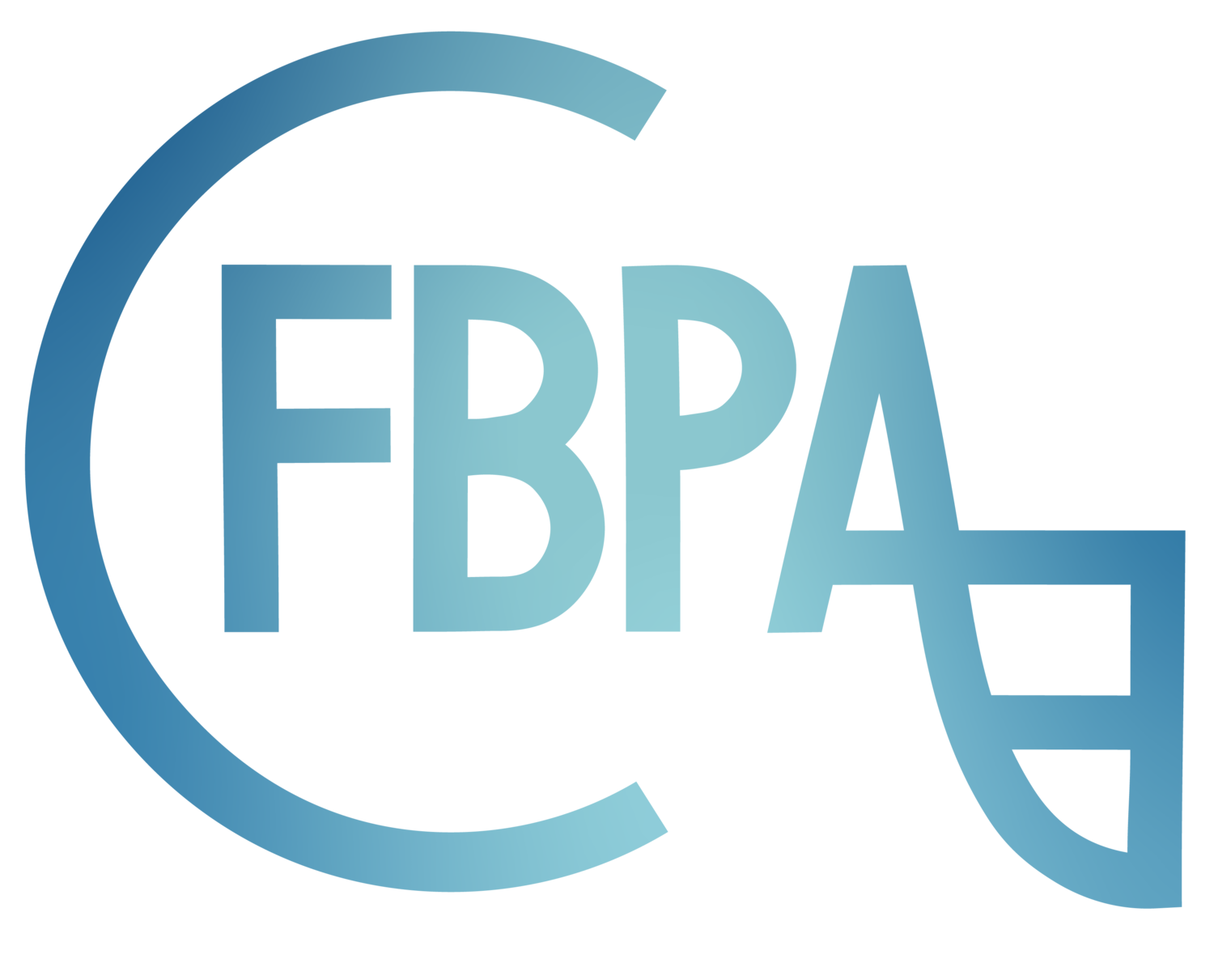The Open Secrets of College Football
How the CFBPA Can Make a Difference
Originally published at Executive Director Jason Stahl’s Newsletter. You can see the original version at this link and subscribe at the link to receive regular updates from the CFBPA.
Pat Fitzgerald is out as the head coach of Northwestern University. For those not immersed in the world of college, the story is stunning and lacks precedent. Fitzgerald was synonymous with the institution. He was a former player from 1993 to 1996 and had been head coach since 2006 — a lifetime in the world of college football coaching. If you had asked me this time last week, I would have told you he would be head coach of Northwestern for as long as he wanted to be.
However, last Friday, Northwestern quietly announced that Fitzgerald would be suspended without pay for two weeks after an independent investigation confirmed a culture of hazing on his team. The “executive summary” of the full report said that while no evidence was found that Fitzgerald knew about the hazing, he still held a measure of responsibility given his role as leader of the team. To date the full investigative report has not been released.
Then, over the weekend, the school’s student newspaper began publishing details of the hazing from players forced to participate against their will. The hazing included coerced sexual acts and force feeding and appeared to primarily target freshman who made mistakes in practice. Additional reporting concluded that the hazing had gone on for years if not decades. By Monday, the newspaper was publishing additional reports of racism within the teams’s culture. By the end of the day Monday, Northwestern’s president made an abrupt switch and fired Fitzgerald from his job.
I’ve read enough at this point to wholeheartedly agree with Fitzgerald’s firing even if the process through which it was carried out was absurd by any measure. However, I worry that in thinking justice was served in this case that an important point will be lost — namely, that this hazing was an open secret at Northwestern for years. In other words, for a very long time, players were forced into this degrading, humiliating and debased behavior while everyone knew it was going on within the program. Indeed, additional reporting confirmed that staffers, coaches and likely Fitzgerald himself knew of this behavior with Fitzgerald tacitly endorsing it.
Open secrets are a huge problem in college athletics and have been in the past. Indeed, I got my start in the world of athlete advocacy in the years from 2017 to 2019 as a faculty member at the University of Minnesota where I reported on player mistreatment under the current head football coach P.J. Fleck. I assumed that if I reported the mistreatment, there would be consequences. There never were. Since then, many players have come out publicly to tell of the mistreatment they suffered under coach Fleck. In 2020, I helped tell many of these here at this newsletter. In 2021, more players came out in the local media in Minnesota to tell their stories. Then, one year ago, more players came out to tell similar stories. To this day, there has been no investigation of all of these serious allegations. They are an open secret.
So, the question is what do we do about open secrets in college athletics? Is it necessary for such problems to fester for years or even decades while athletes suffer? At the CFBPA, we obviously believe the answer to the second question is “no.” We think a players association can make a real difference in stopping these problems in their tracks as they get going rather than letting them get worse over years or decades.
In particular, I would focus on the reforms we’re organizing around in planks #1 and #2 in our CFBPA Platform for Change. Both planks focus on the need for players to have at their disposal a CFBPA-employed full-time employee representative who can serve as an independent advocate for players when the need arises. This rep could be turned to when problems begin to address them early. Moreover, the rep could work with a non-union CFBPA chapter or under a collective bargaining agreement in a CFBPA unionized setting.
Indeed, the firm that investigated the Northwestern hazing recommended something like our reform when it said that the university should now “require monitoring of the football locker room by someone who doesn’t report to the football coaching staff.” This is all well and good, but does not address who this person will report to given that everyone within nearly every athletics department around the country feels beholden to the head football coach. Given this, we believe independent players association reps are the true answer to the problem of open secrets within college athletics. Athletes need a truly independent advocate who they know truly represents them and their interests. Only then can a healthy workplace with real enforceable boundaries and consequences for bad behavior begin to develop.
We hope to be enacting such systemic reforms in the near future. We don’t think it’s naive to believe that college football can be made more humane and healthier for all involved. The past two years have shown that change in college athletics is possible with “old school” ideas coming to an end. Most of this change has been focused on players earning money for the first time but changes to provide more protections for players’ health, safety and welfare are just as possible and important. Hazing, and other backwards-thinking open secrets, need to be relegated to an antiquated barbaric past. If you are a past, present or future college football player who is interested in being part of this change, I ask that you become a member today.

